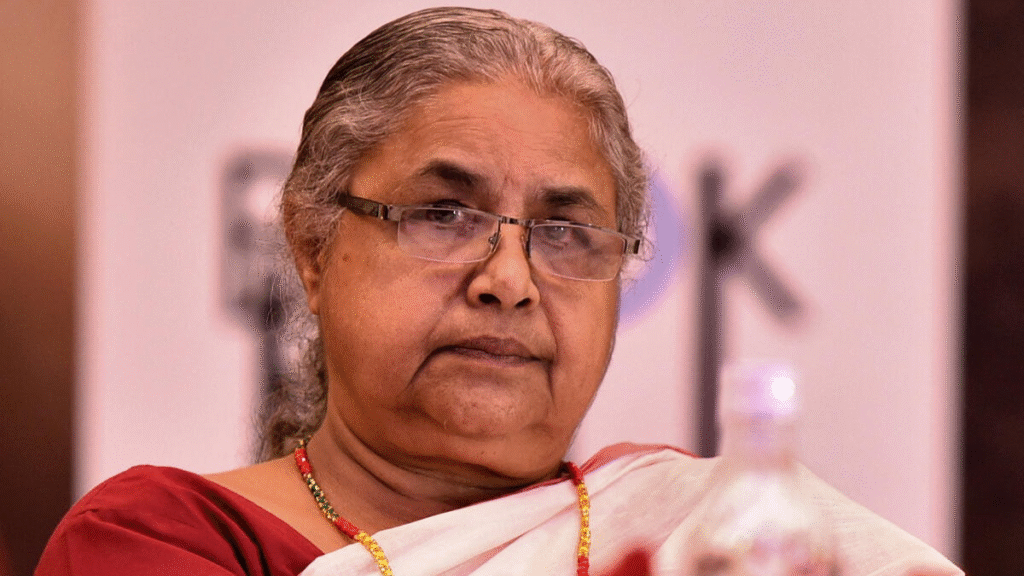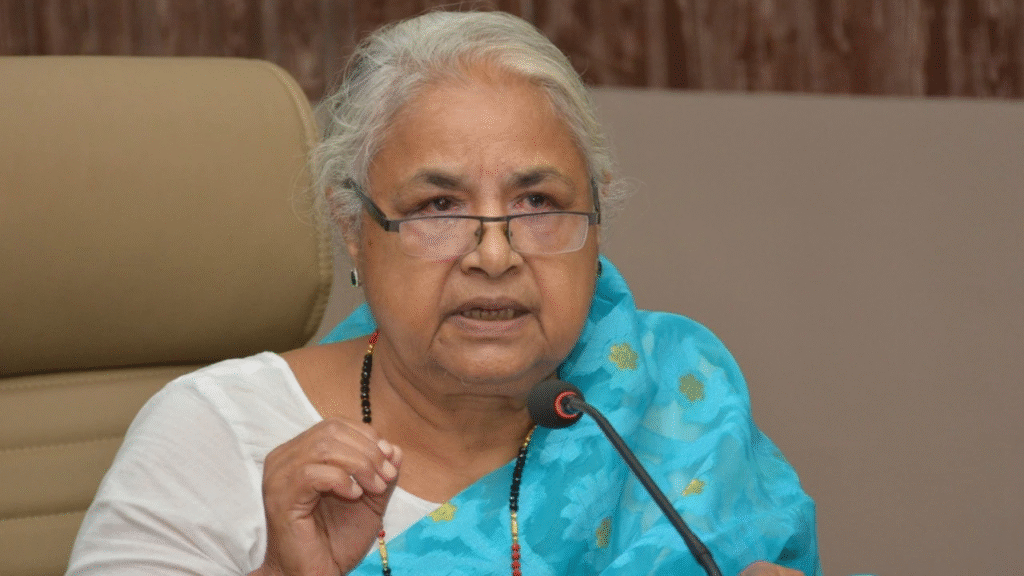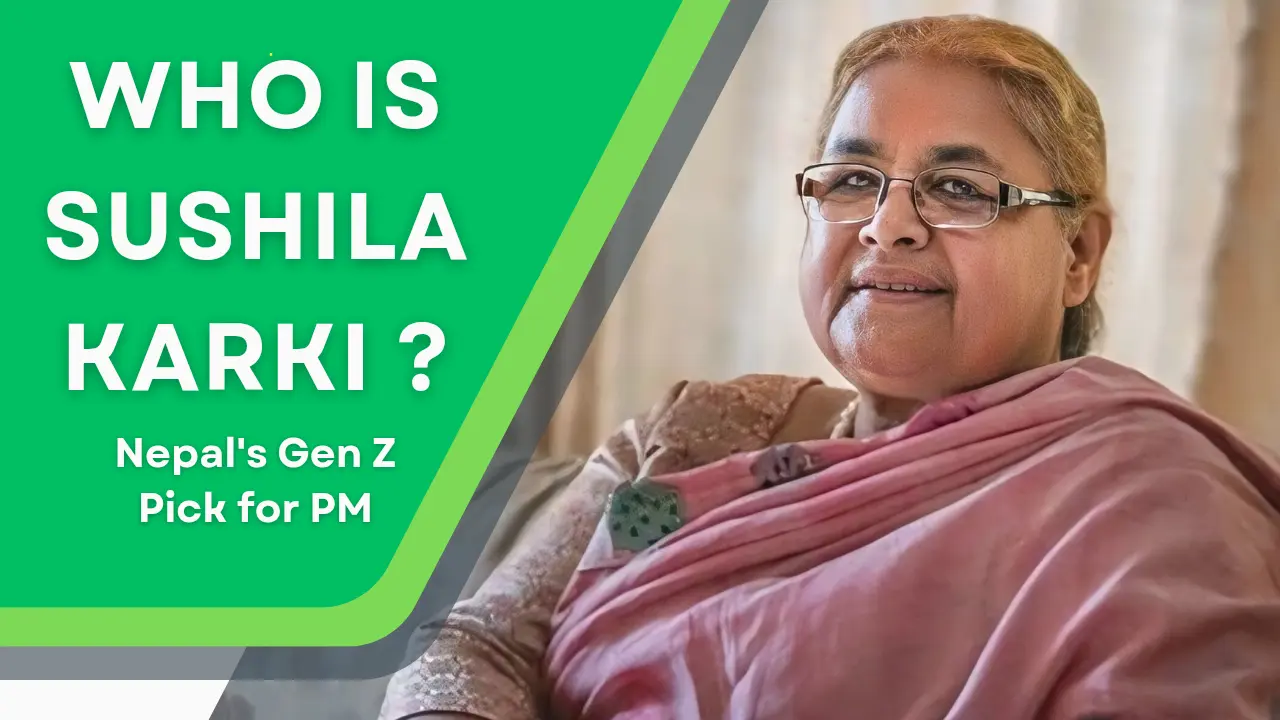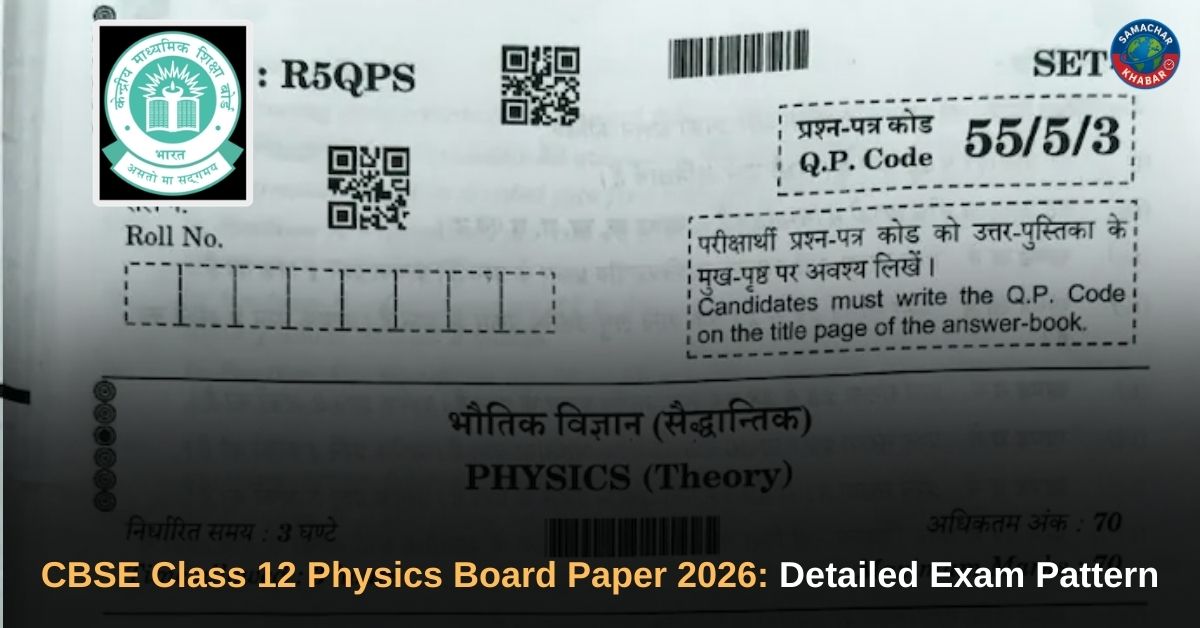Nepal is currently facing a pivotal moment in its political history. Following widespread protests, particularly by the nation’s youth—often referred to as Gen Z—the former Prime Minister, KP Sharma Oli, has resigned. In this climate of unrest and a deep-seated demand for change, a new name has emerged as a potential leader:
Sushila Karki. But who is this trailblazing figure? Why have the young people of Nepal turned to a former Chief Justice to lead them out of this crisis? This blog post delves into the remarkable life and career of Sushila Karki, examining her path from a law student to a judicial icon and now a potential political leader.
Sushila Karki: From Law Student to Judicial Pioneer
Sushila Karki’s journey is one of resilience and a commitment to justice. Born in Biratnagar in 1952, she began her academic career with a Bachelor of Arts degree from Mahendra Morang Campus. She then earned her master’s degree in political science from Banaras Hindu University in India in 1975 before returning to Nepal to complete her law degree from Tribhuvan University in 1978.
After her studies, Sushila Karki began her law practice in Biratnagar in 1979. She also briefly worked as an assistant teacher. Her career in the judiciary began to take shape over the next few decades, culminating in her appointment as a permanent Justice of the Supreme Court in 2010.
- 1972: Completed B.A. from Mahendra Morang Campus.
- 1975: Earned M.A. in Political Science from Banaras Hindu University.
- 1978: Received her LL.B. from Tribhuvan University.
- 1979: Began her law practice.
- 2007: Became a senior advocate.
- 2010: Appointed as a permanent Justice of the Supreme Court.
Nepal’s First Woman Chief Justice: A Legacy of Integrity
The pinnacle of Sushila Karki‘s judicial career came in 2016 when she made history by becoming Nepal’s first-ever woman Chief Justice. Her tenure, though brief, was marked by an unwavering zero-tolerance policy against corruption. She became known for her integrity and firm stance against political interference.

This resolve was tested when she ruled against political intervention in police appointments, which led to an impeachment motion filed against her by lawmakers in 2017. However, the motion was later withdrawn following significant public pressure and a Supreme Court order, a testament to the public trust she had earned.
The impeachment attempt, instead of tarnishing her image, solidified her reputation as a fearless and upright judge.
Her actions during this time are often cited by her supporters as evidence of her commitment to the rule of law over political expediency. This strong track record is a major reason why many see her as the ideal leader to guide the country through its current political instability, which has been fueled by public frustration over “institutionalized corruption and favouritism.”
Why Gen Z Backed Sushila Karki
The recent protests in Nepal, sparked by a controversial social media ban, have evolved into a broader movement against corruption and political elites. Gen Z protesters, who are leading this movement, have been vocal in their demands for accountability and transparency. They have specifically rejected traditional politicians and “Nepo Babies” who have risen to power through connections rather than merit.

In a virtual meeting, a delegation of young organizers agreed on Sushila Karki‘s name to lead a transitional government. The reasons for their choice are clear:
- Her anti-corruption stance: Karki’s reputation for integrity directly aligns with the protesters’ primary demand.
- Her judicial background: As a former Chief Justice, she is seen as someone who can uphold the rule of law and bring order to a chaotic political landscape.
- Her outsider status: She is not a member of a traditional political party, which makes her a neutral figure in a highly polarized environment.
Kathmandu’s popular mayor, Balendra Shah, a figure also favored by the youth, has publicly endorsed Karki, stating, “I fully support your proposal to lead this interim/electoral government by former Chief Justice Sushila Karki.” This endorsement from another youth-backed leader further validates her position as a consensus candidate.
Sushila Karki’s Net Worth and Public Image
Given the focus of the protests on economic disparity and corruption, there’s been considerable interest in Sushila Karki‘s financial standing. While she has not made her assets public, some reports suggest her net worth to be between 10 to 20 lakhs. Her income sources include her judicial pension and royalties from her published works.

This modest financial profile, combined with her reputation for honesty, stands in stark contrast to the lavish lifestyles of the “Nepo Babies” and political elites that have angered the public. Her clean public image and lack of ostentatious wealth make her a credible choice for a movement driven by a desire for accountability.
What’s Next for Nepal?
With Sushila Karki accepting the request from the Gen Z movement to serve as interim Prime Minister, Nepal stands at a crossroads. Her role will be to navigate the country through this period of transition, restore order, and prepare for future elections. The challenges are immense, as evidenced by the violent clashes that have tragically resulted in at least 19 deaths and hundreds of injuries.
Karki’s appointment is not just a political maneuver; it’s a powerful statement from a generation that has lost faith in the traditional system. It signifies a collective yearning for a leader who embodies integrity, justice, and a genuine commitment to the nation’s well-being. The road ahead is uncertain, but with Sushila Karki at the helm, there is a glimmer of hope that Nepal can finally move towards a more transparent and accountable future.
Sushila Karki is a powerful leader
The story of Sushila Karki is a powerful reminder that leadership can emerge from unexpected places. Her career as a judge, defined by a steadfast commitment to justice, has made her a beacon of hope for a generation demanding change. Whether she succeeds in her new role remains to be seen, but her rise to prominence is a clear indication that a new era of politics may be dawning in Nepal.














